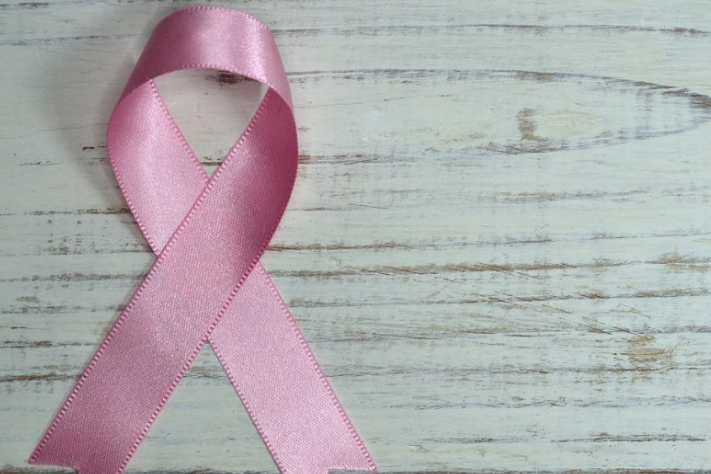Recent GLOBOCAN database has shown that incidence rate of breast cancer is the highest in New Zealand. One in nine women and half of the women cancer patients in the country are suffering from it.
Around 2.1 million women around the world develop breast cancer every year. Despite the treatment options available, 627,000 of them died from it. At the moment, endocrine therapy is the most effective one as 75% of such cancers are estrogen dependent.
However, many patients relapse as their tumors become resistant to the drug which is used in the therapy. After recent research conducted, a new test has been developed which predicts how a patient would respond to the treatment. This allows doctors to take better treatment decisions.

Hormone-Dependent Breast Cancer
Breast Cancer which has receptors for the hormone estrogen is called estrogen receptor positive. This means that estrogen signals the growth of these cancer cells. The clinicians make use of the estrogen receptors in tumors and biomaker for predicting how a patient would respond to endocrine therapies.
More Accurate Prediction
A protein related to cancer called SHON (secreted hominid specific Imogene). This protein is closely associated with the patient’s response to cancer treatment. This method is more accurate for predicting the response of the patient to anti-estrogen therapy and chemotherapy and well.
In the case of tumors with both SHON expression and estrogen receptor, tamoxifen brings down the risk of death from breast cancer by 79%
Future Implementation
https://youtu.be/T1FJ2UT6mXM
Breast cancer is curable if treated at the right moment with correct therapy. Doctors use endocrine therapy widely for almost three quarters of patients. They also use toxic chemotherapy drugs for patients who do not respond to endocrine therapy.









